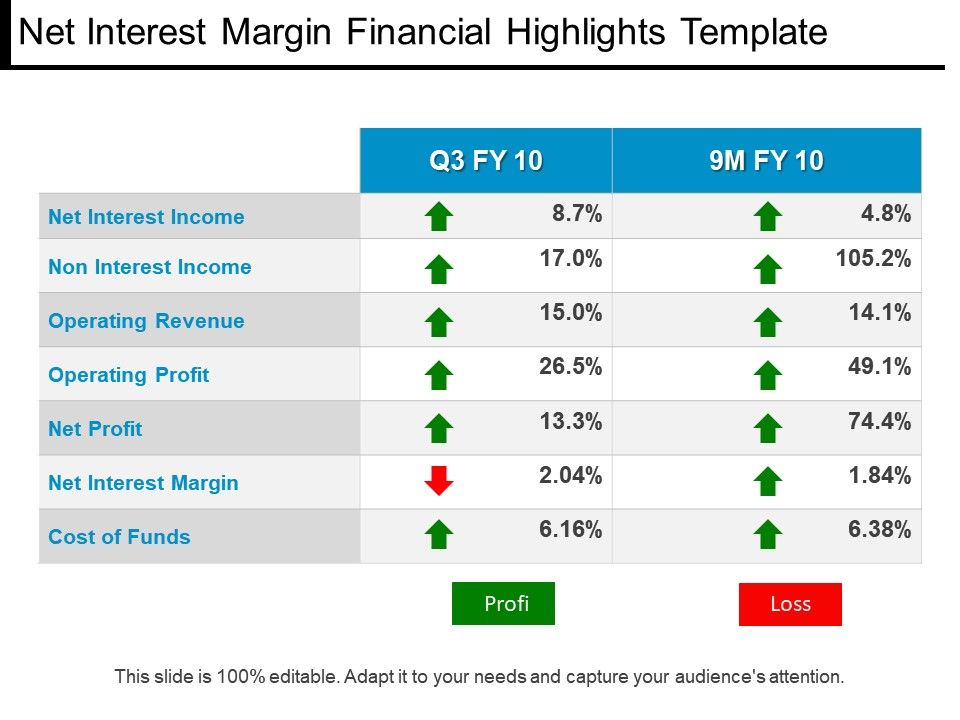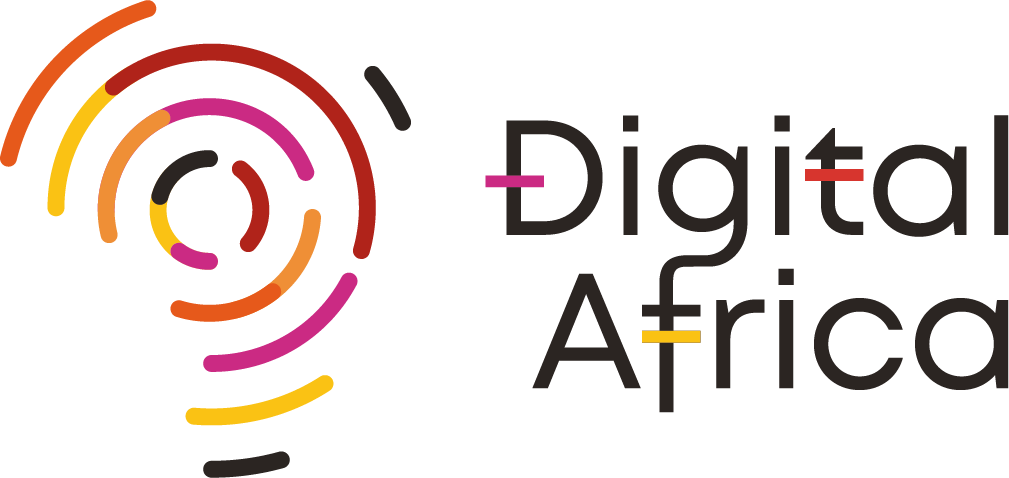Content

For example, an entry-level CPA will earn about $54,000, rising to $71,000 mid-career and topping out around $96,000 in late-career. When it comes to the qualifying exam, many candidates rightly want to know whether CFA or CPA is harder. While the answer to this question may be subjective, depending on your personal strengths and weaknesses, comparing recent pass rates is useful. In 2020, the average pass rates for each section of the CPA Exam ranged from 49.98% (FAR) to 65.56% (BEC). In contrast, the most recent scores available for the CFA exam show pass rates ranging from 49% for Level I to 56% for Level III. Pass rates for both the CFA and CPA exams are updated with each testing administration.
All CPAs are by definition accountants, but not all accountants will have earned the CPA designation. Meanwhile, a CPA is often the one putting together or auditing the financial statements that a CFA may use when analyzing a company. Specifically, financial forecasts are usually made by CFAs, whereas the financial reports that they use as the basis for their forecasts are typically produced and audited by CPAs. The decision between these two is ultimately up to you and your career goals. The CFA® is a designation granted by CFA® Institute, a global non-profit organization. The institute is based in the US, but there are 3 regional offices and 200 local chapters around the world.
A CPA CMA combo boosts your resume substantially if you want to get into private or management accounting. This career path has its own advantages and disadvantages, which you can read about on my other site, IPasstheCMAExam. However, that’s not to say you can’t be a CFA accountant or a finance CPA. When deciding whether to go for CPA or CFA, the first and foremost consideration is the relevance to your career. Other than that, CPA has more restrictive education and experience requirements, but once you get qualified, the process is much faster.
CFA and CPA Differences
It can help you make more informed decisions, avoid unnecessary risks, and give you a better overall picture of your business’s current financial situation. The two are often confused with one another, so let’s look at the job responsibilities and duties required from these two professions. The exam emphasizes the application of knowledge, skills, and abilities to a variety of situations that occur in a professional setting. The Level 2 CFA exam focuses on alternative investments such as private equity, real estate, and hedge funds. The average CPA salary increases to $91,000 if you have a master’s degree.
The CPA certification distinguishes the professionals who have pursued accounting continuing education, earning them increased trust, opportunity and financial reward. Those who meet the licensing jurisdictions’ requirements for education and experience can obtain a CPA license. For example, most states require at least 150 completed semester hours and one or two years of experience as a finance professional. Both designations require a minimum of a four-year degree (or equivalent for the CFA) as well as work experience (as determined on the state level for the CPA) and passing a comprehensive examination. It takes roughly four years to pass all three levels of the CFA exam and become chartered. ” Although the CFA and CPA pass rates are very similar many candidates feel the CPA is a harder exam and certification to obtain.
CFA Charterholder Salary Ranges
The difference between CPA and CFA in terms of depth of material is about the same, when comparing similar topics such as pension accounting and FRA topics. Certified Public Accountants prepare and audit financial statements, while Chartered Financial Analysts read and analyze the financial statements. Failure of Level II or III, however, will require you to wait a full calendar year before re-attempting. Before you can start your journey to becoming a CFA, there are a few things you’ll need to do first. Next, we’ll go into detail regarding the qualifications you’ll need to meet. While having soft skills can help you be successful as a CPA, there’s more to it than that.
- Recently, the role of CPA has evolved to become more advisory, as businesses and clients increasingly turn to accountants for help in reducing tax burdens and expanding profitability.
- However, it does take quite a bit of commitment to studying, and that doesn’t even take into account the other requirements for earning and maintaining CPA licensure.
- As far as the difference between CPA and CFA general qualifications, the CPA licensure is the more complicated of the two.
- Displaying competency in each of these areas is essential to your success as a CPA.
CFAs focus their skills on recommending individual investments and evaluating financial trends. Anyone with a CFA has the educational equivalent of a masters degree in financial analysis. Plus, this certification is an accepted credential in and out of the United States. I highly recommend becoming a CFA to anyone who’s interested in a career in financial planning as an equity analyst, fund manager, asset management, or hedge fund manager. The amount of money you can make as a CPA depends on the career path you choose. For instance, entry-level junior tax accountants earned a median salary of $56,780 in 2021.
Generally speaking, CPA exams are more rigorous and demanding and you’ll need a considerable amount of professional credit hours before you obtain your license. When considering a career in corporate finance or the capital markets you will often hear people asking, “Should I get a CPA or CFA? In this article, we will outline the similarities and differences of the CPA vs CFA designations and try to steer you in the right direction about which is the right fit for you.
How do CFP vs. CFA certifications compare?
They complete financial accounting for individual clients and businesses that need support to reach their financial goals. The CPA must have at least a bachelor’s degree and complete an additional 30 graduate hours for a total of 150 credit hours. The CPA must also have one year of accounting experience and pass the four-part Uniform CPA examination. The Chartered Financial Analyst (CFA) and Certified Public Accountant (CPA) designations are two of the most popular professional designations for finance and accounting. There has been a lot of debate about which is better, but there is no clear answer because they each come with their own set of pros and cons and cater to different career paths.
Unlike the CPA, however, each level exam tests you on a broad series of topics. The CFA level exams must be taken in order, and they grow harder as you move from one to the next. A CPA difference between cpa and cfa may advise on different forms of business organization (partnership, corporation, limited liability company, etc.) and the benefits and advantages of each in different situations.
One exam might be more difficult for you and less difficult for someone else. The CFA exam is governed by the CFA Institute, so there is one uniform set of education requirements no matter where you plan to take the exam. In order to qualify to sit for the CFA exam, CFA candidates must have a bachelor’s degree, but someone in their final year of the degree program can take CFA. Chartered Financial Analyst (CFA) is a financial certification administered by the CFA Institute and is typically regarded as the gold standard of professional certifications in the finance sector. A CFA holder is a professional that focuses on assessing businesses, understanding market conditions, and determining the ideal ways clients can invest their money.
You must have at least a 4-year bachelor degree and in most cases, 150 credit hours (equivalent to 5 years of higher education) to sit for the exam. On the other hand, a CFA designation focuses on skills required for portfolio management and security analysis. Both CFAs and CPAs require certifications from specific institutions and qualifying exams. For CFAs, you’ll need to pass the CFA program administered by the CFA Institute.

In total, Becker students passed more than 33,000 sections of the CPA Exam, which represents more than 1/3 of all CPA Exam sections passed in 2020. Planning for a career in accounting or finance can feel like swimming in a bowl of alphabet soup. With the myriad of acronyms being thrown around, it’s easy to become confused.
Top Accounting Degrees
While CFA exams are harder and have more rigorous requirements, working as a CPA is not for the faint of heart. The workload of a certified public accountant often ends up being harder than that of an investment analyst because of the many details that must be considered. Additionally, the CFA Program is designed to be a continuous learning experience that spans a candidate’s entire career. It typically takes a CPA candidate a 16 months to pass the CPA exam and another 24 months to complete the work experience requirement. Likewise, most CFA candidates take four years to complete the three CFA exam levels and another four years to complete the work experience.
If you compare the experience levels of the CFA and CPA samples, you’ll see that in our analysis, the average CFA charterholder is more experienced than the average CPA. So you would expect the CFA charterholder to earn more, since they are likely to be in a more senior and higher-paid position. CFA exams pass rates, on the other hand, are about 22-56% for each exam level. Here’s where it gets confusing for a lot of candidates – pass rates across different exams are not comparable as there can be huge differences in retake eligibility, exam formats and other circumstances. The CPA is fundamentally a qualification for those on an accountancy-focused career path, with job roles such as accountants, comptrollers, financial managers, CFOs, etc.
Accountants might not have the clearance to handle certain documents, like those that go to government entities. CPAs can work for individuals or companies, like public accounting firms. For businesses, you might find a CPA advising on how to incorporate your company. For individuals, CPAs can help you lower your tax bill or increase your return. A Certified Public Accountant has passed training and the CPA Exam, and the state licensing requirements. Consequently, CPAs are licensed to offer accounting services such as filing tax returns to the public.
The Chartered Financial Analyst® designation is offered internationally by the CFA Institute and focuses on financial analysis, with a heavy component of portfolio management. In order to obtain the designation, a candidate must pass all three levels and meet career experience requirements. As of June 2016, there were approximately 132,000 charterholders globally. In choosing a career path, you should determine what interests you most about finance and whether you are a risk-taker or more traditional. The CFA has a lower entry barrier, but takes much longer to complete (it takes the average candidate 4 years to pass all three levels of the exam and obtain the credential). Becoming a qualified CPA is a more flexible process that can be accomplished within a much shorter time frame.

The CPA certification is typically viewed as more difficult than the CFA because it covers a broader set of topics. The CPA exam broadly focuses on all aspects of accounting while the CFA exam solely focuses on finance. You can substitute the degree requirement with four years of experience. You should register for CFA Institute membership and hold a valid international travel passport.
CFA Level 2 will require a strong knowledge of CFA Level 1, and CFA Level 3 will require a good understanding of CFA Levels 1 and 2. However, the CFA exam is considered a lot tougher overall because it covers a much wider range of material compared to the CPA exams. Ken has gained a wealth of business experience through his previous employment as a CPA, Auditor, Tax Preparer and College Professor. Today, Ken continues to use those finely tuned skills to educate students as a professional writer and teacher.
As you can see, the US pattern of the CFA earning more is true for Canada, as well. It took John a lot of time and effort to complete the two qualification, but if you start early before family commitment builds up, it is actually quite doable. John was able to obtain the CPA and CFA titles within five years of graduation. Despite the move to computer-based testing, you still must take the exam in a designated testing center.








